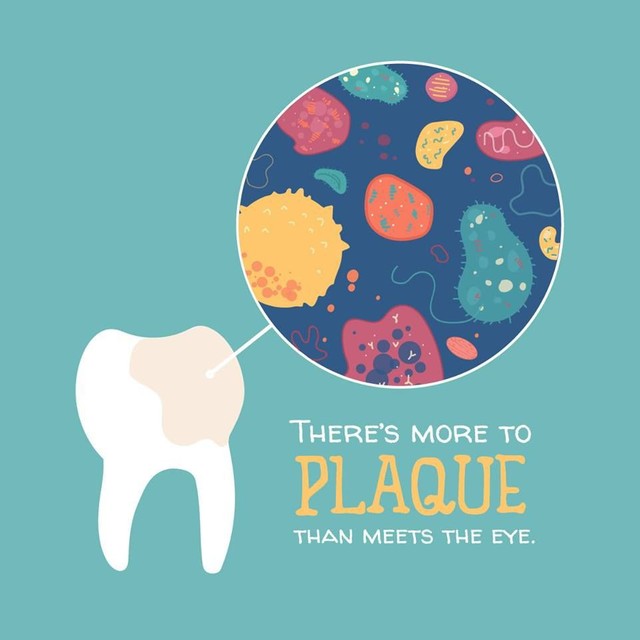Alzheimer’s Disease and Oral Microbiome

Microbiome Basics:
We are teeming with bacteria, in fact we are 50% microbial (Sender 2016). Over time we have co-evolved with microorganisms in a symbiotic relationship. They aid in the digestion of food, and influence the development of our digestive and immune systems (Relman 2012, Chow 2010). The mouth is colonized by more than 700 bacterial species, but only a handful of these species participate in dental diseases (Aas et al 2005, Human Oral Microbiome Database). The key to a healthy mouth is establishing hygiene habits that cultivate an environment that selectively promotes healthy bacteria and deters pathogenic bacterial species. Not only can the healthy bacteria occupy space, but they often have their own offensive mechanisms to help battle the virulent bacteria.
Alzheimer’s Disease and Periodontal Pathogens:
This understanding of the microbiome in oral health has become increasingly more important as research has now revealed not only a close association between periodontal disease and cognitive impairment ( Pritchard 2017) but perhaps a causative link between periodontal disease agents and Alzheimer’s according to multiple recently published studies. Not only does poor oral hygiene lead to plaque buildup, tooth decay, and tooth loss (part of an oral disease known as periodontal disease), but new research indicates that it plays a critical perhaps even causative role in the development of Alzheimer’s and other neurodegenerative diseases. The Pritchard study indicated a strong correlation between plaque and periodontal bacteria growth and the risk of obtaining Alzheimer’s disease. Groundbreaking research by Dominy et al now suggests a direct causal link via Porphyromonas gingivalis, the major bacteria responsible for periodontal (gum) disease. The data demonstrated the movement of bacteria from the mouth to the brain and even indicated that bacterial toxins released by P. gingivalis lead to neural degeneration effects similar to Alzheimer’s disease.

Periodontal pathway:
While there is no conclusive evidence to prove how the bacteria migrate into the brain, more than 90% of the Alzheimer’s subjects were found to have P. gingivalis in the brain (Dominy 2019). It’s suspected that the plaque and periodontal bacterial built up in your gums and around your mouth can release and enter the bloodstream. In light of this, it’s crucial that patients with gum disease take their oral hygiene seriously and seek proper dental care as soon as possible. Good oral health is an important predictor of disease, including diseases that happen systemically. Through personalized precision dentistry, we offer effective dental treatments that help maintain proper oral AND systemic health.
What This Means for You:
Early detection of dental issues has implication outside of the oral cavity. Patients with untreated periodontal disease put themselves at increased risk of developing neurodegenerative diseases by not resolving their dental issues. Getting scheduled for a dental evaluation creates the opportunity to not only resolve periodontal issues it may even reduce your risk of developing. Please reach out to get scheduled.
At the appointment, our dental team will help get your teeth cleaned and coach you on how to brush and floss effectively. Proper oral hygiene and a diet low in sugars and acids, will help you to combat the onset of not only periodontitis but neurodegeneration and Alzheimer’s. Obliterating all bacteria is a zero-sum game. Why not learn how to partner with good bacteria to battle the pathologic species. Total elimination of bacteria may be possible transiently, but often the strength required to have antibacterial activity can be irritating to our own tissue Instead, it’s more critical to focus on the factors that promote a healthy oral microbiome. Want to learn more? Come in so we can give you a precision assessment of your risks and review personalized recommendations.
Need dental work? Sunnyvale’s integrative dentist is ready to help you take control of your health!

Leave a Reply
You must be logged in to post a comment.